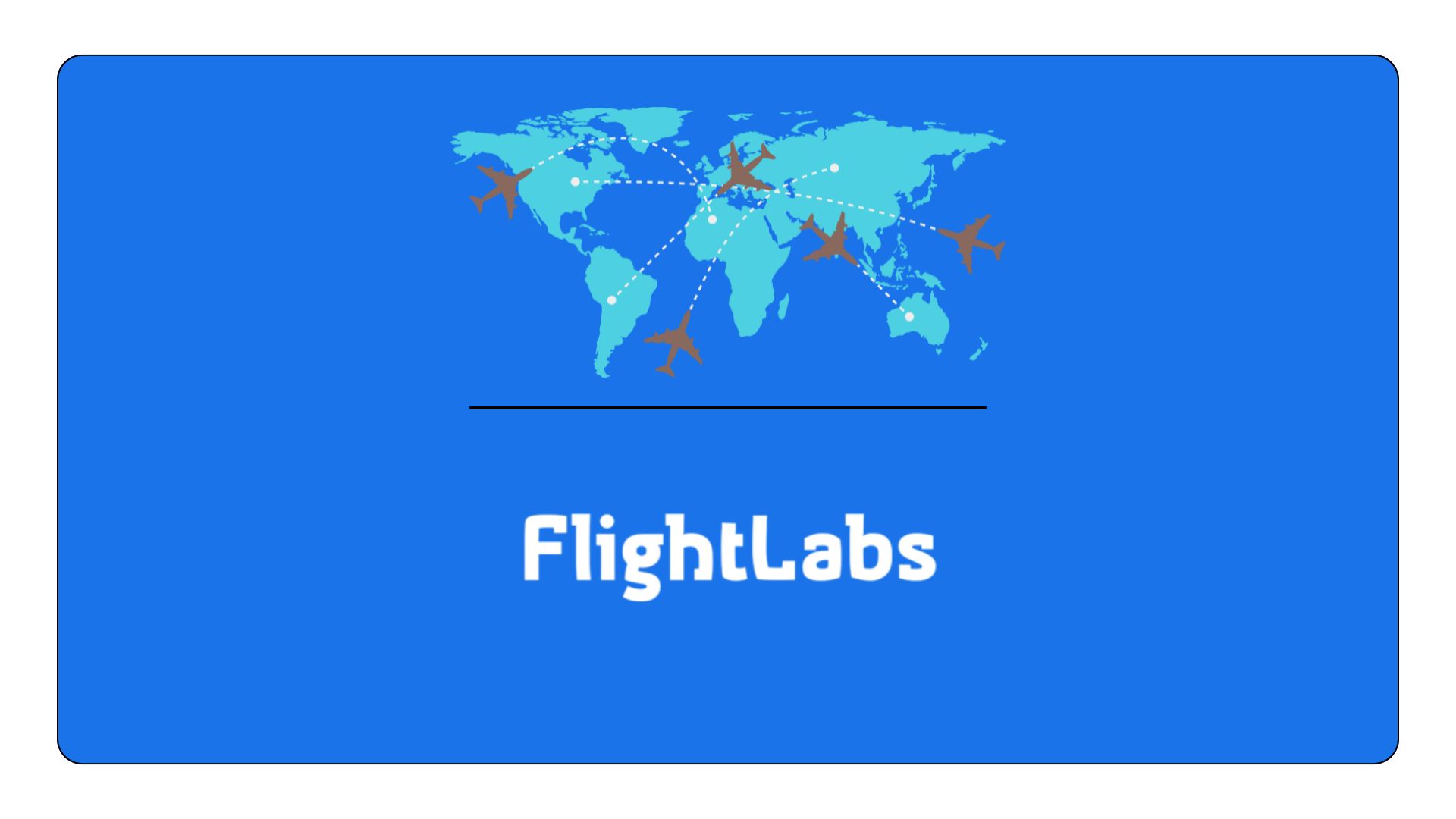Flight API For Real Time Flight Tracking And Data

The global travel industry thrives on real-time information, especially regarding flights. With the rise of travel apps, it’s essential to integrate reliable and up-to-date data sources. FlightLabs offers a powerful Flight API, providing real-time flight tracking, historical data, and detailed airport and airline information. This article will delve into what FlightLabs is, how it operates, and the extensive benefits its API brings to the travel and aviation ecosystem.
How is FlightLabs Used?
FlightLabs’ Flight API can be integrated seamlessly into a variety of applications, providing developers and businesses with a simple way to access real-time aviation data. Here's how it works in different use cases:
- Travel Apps and Booking Platforms: Integrating this API allows travel platforms to offer up-to-date flight schedules and accurate flight statuses. Whether users are booking flights or checking delays, real-time updates create a smooth travel planning experience.
- Flight Tracking Tools: For flight tracking apps, it provides the backbone of real-time flight paths, altitudes, speeds, and statuses. These apps rely on Flight API data to ensure users receive precise and timely flight details.
- Airline and Airport Operations: Airlines and airports leverage FlightLabs’ data to streamline their operations, coordinate schedules, and reduce delays. With real-time updates on flights, ground teams and customer service departments are better equipped to handle changing circumstances, improving overall efficiency.
- Logistics and Supply Chain: Businesses in logistics also benefit from the accurate data provided by this tool, using it to anticipate flight delays and reroute shipments if necessary. By integrating flight tracking data, logistics companies improve their operations and customer satisfaction.
Competitive Advantage
In an industry where delays or outdated information can lead to costly errors, FlightLabs offers a competitive edge. Not only does the Flight API provide reliable, real-time data, but it also integrates seamlessly into a variety of platforms. Compared to traditional data aggregation methods, it stands out for its user-friendly interface, scalability, and vast data repository.
- Developer-Friendly Integration: The detailed documentation provided by this API ensures that developers can easily integrate the API into their applications. Whether a company needs to track a single flight or manage data for thousands of flights, the API’s flexible structure can accommodate various business needs.
- Versatility Across Industries: Although primarily used in the travel industry, the FlightLabs API can be adapted for various sectors such as logistics, supply chain management, and even weather prediction services. The accurate flight data allows companies across industries to better anticipate disruptions or manage logistics efficiently.
- Tailored Subscription Models: For startups and small businesses, it also offers a tiered subscription model that allows for scaling up as the business grows. This affordability and flexibility ensure that even small developers can access the same robust data as larger corporations.
Conclusion
In an age where real-time data drives decision-making, FlightLabs has positioned itself as a leader in the aviation data industry. Its Flight API provides developers with the tools needed to create cutting-edge applications that meet the demands of modern travelers. By integrating this API, businesses can deliver accurate, real-time flight information, streamline operations, and enhance user satisfaction. From travel booking platforms to logistics solutions, it is the backbone of innovation in aviation.

